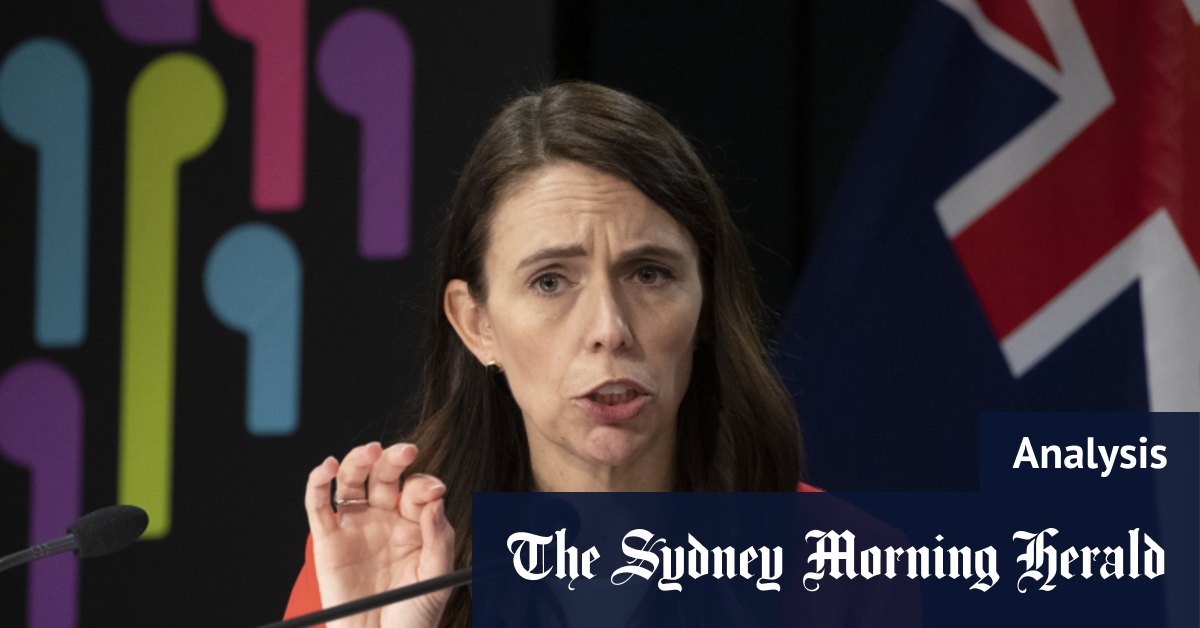Wellington: As Josh Frydenberg considers a temporary cut of the fuel axis, he may find an unlikely ally over Tasman.
Despite the leadership of a government that is rhetorically well left by Australia over climate change, New Zealand Prime Minister Jacinda Ardern last week announced a similar temporary cut, NZ25 ¢ from the excise tax on every liter of petrol for the next three months.
Prime Minister Jacinda Ardern spent two weeks declaring that price increases were not the fault of the government, but that her party’s popularity was still declining. Credit:Getty
The change was made when gasoline reached $ 3 NZD per liter ($ 2.80) and Ardern digested some of its worst polls since joining the government. The ruling Labor Party was behind the opposition National Party in the last TV poll, recording only 37 percent support – its lowest level since 2017. Ardern’s own popularity is also beginning to wane as the relatively new opposition leader Christopher Luxon finds his own popularity. Feet, though he was still behind.
The cut in excise duty was a significant pivot of Ardern, who spent weeks pointing out that inflation, particularly in fuel prices, was not the government’s fault. She’s right, but that does not mean that voters do not punish the government for it.
Ardern is reminded that a relationship can be as much a curse as a blessing. This is a lesson that South Australian Liberals have also just learned. It’s quite a flip on 2020 and 2021, when the burden was a big boon: Governments dominated the airwaves as they fought a foreign virus, while opposition groups rallied to find oxygen.
Load
Some were lucky enough to be in the middle of this election. Ardern won an absolute majority in 2020, something no one in New Zealand has done since 1951. Now that advantage seems to have been snatched away as high inflation and omicron waves combine to punish the owners.
But the majority of the Ardennes also give them the ability to react with much more agility than would be possible in a coalition. Their traditional allies in the Green Party may be murmuring darkly about subsidizing gasoline, but they can not stop it.
The irony is that high gasoline prices would be an extremely effective way to reduce carbon emissions, a stated goal of the Ardennes government. This is why a fair wave of taxes currently being levied on every liter of petrol goes to New Zealand’s emissions trading scheme – there should be a price signal that encourages people to get out of the car and onto public transport or an electric car change.


Add Comment